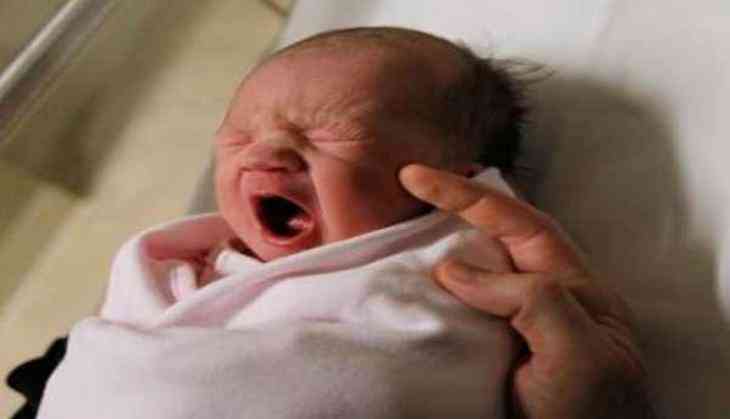
A study has recently found that adults, who are born prematurely (eight or more weeks early), are more likely to suffer from respiratory problems because of smaller airways than those born at full term.
According to researchers, people born prematurely may have a smaller airway size of the lungs causing wheezing, coughing and other symptoms that make it difficult to breathe.
Researchers from the Northern Arizona University, Oregon Health and Sciences the University and University of Oregon, USA, and the University of British Columbia, Canada conducted the study.
Study author JJ Duke said respiratory treatments would be less effective in individuals born prematurely, but more work needs to be done to directly test this.
"Our work used only an estimate of airway size and future research should use precise measurements to try and obtain an actual airway size, rather than an estimate," he added.
The team looked at adults, who were born prematurely (eight or more weeks early), and adults, who were born at full term of the same age and height as those individuals in the premature group.
The researchers measured the lung function of all participants at rest and during exercise.
Using information from the resting lung function tests, they calculated an estimate of airway size for both premature and full term groups.
The findings indicated that the estimate of airway size was smaller in the premature group compared to the full term group.
This discovery may provide a basis to help doctors tailor treatment of respiratory ailments in those born prematurely. Current treatment of respiratory ailments in adults born premature is similar to asthma treatments, which work to open up closed airways.
The research appears in the journal of Experimental Physiology.
-AN


